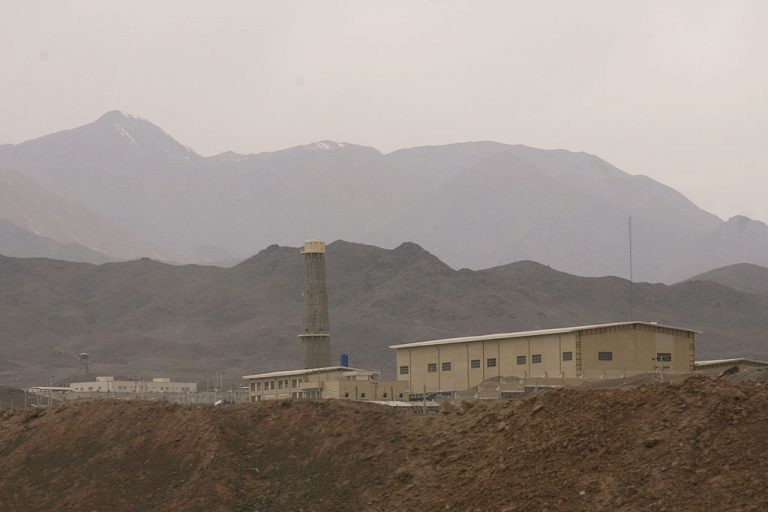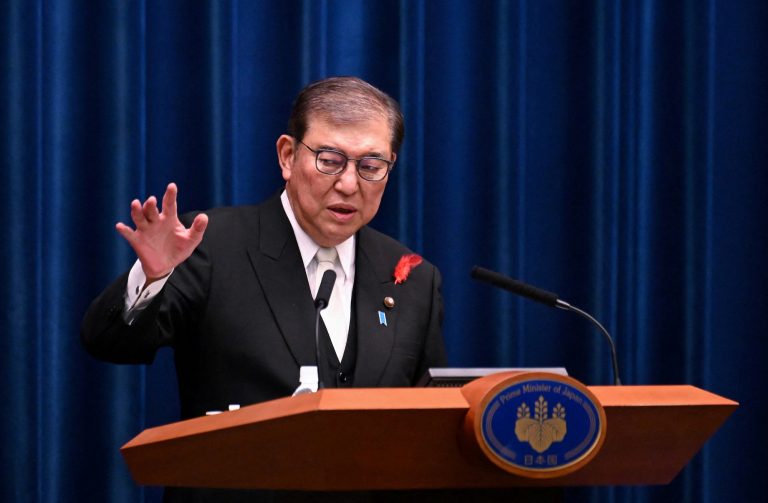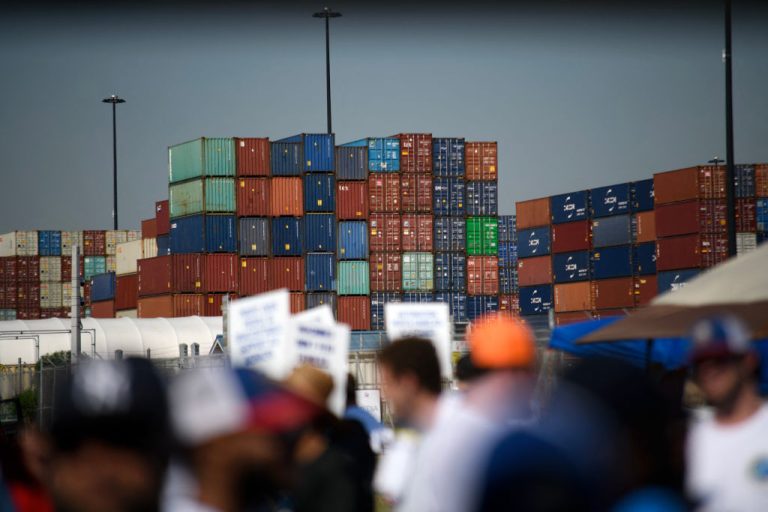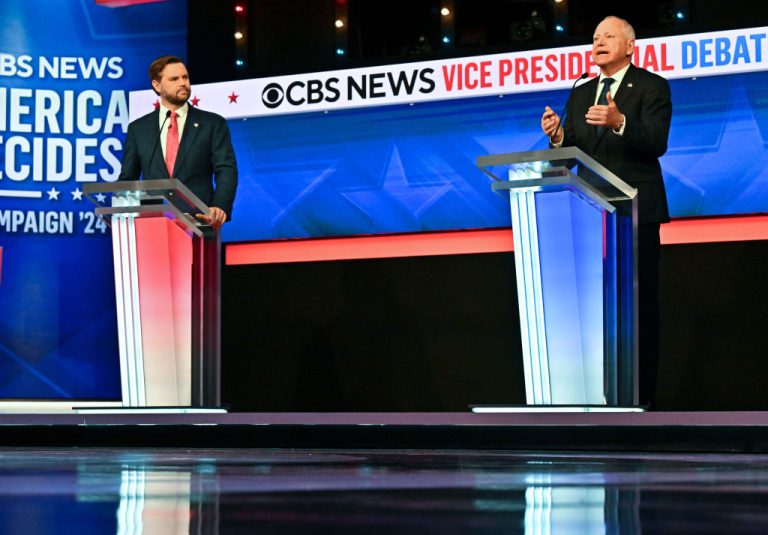Reports emerged on Dec. 4 that a huge blast rocked Iran’s Natanz nuclear site, home to the country’s main enrichment facility. Although some speculated that the explosion may have been an attack, Tehran later claimed the event was a result of military drills that are regularly conducted under the supervision of local air defense officials. No damage has been reported.
Before Tehran’s statements, some speculated Israel’s culpability in the blast. When a local Israeli radio station raised the question to Deputy Defense Minister Alon Schuster, the official veiled his response with ambivalence, obscuring whether Jerusalem was responsible or not.
“We don’t ask a man what he did at night, but we are currently trying to bring about a change in the motivations of the whole world through diplomatic means,” Schuster said, according to Times of Israel.
He continued with a tone that could hardly be classified as a denial of responsibility, “Iran is a problem for the whole world, and not just the State of Israel alone…We have a duty to be brave and responsible for the fate of our children and grandchildren…We have used force against our enemies in the past and we are convinced that in extreme situations, there is a need to act using military means.”
“We hope the whole world will be mobilized for the mission. For that, we’ve allocated a significant sum to increase our readiness. What hit Natanz? I can’t say,” added Schuster.
Success
You are now signed up for our newsletter
Success
Check your email to complete sign up
The blast comes as Israeli Prime Minister Naftali Bennett asked global powers to end negotiations currently underway in Vienna to reinstate Iran’s 2015 nuclear deal after the Islamic nation resumed enrichment of uranium at an underground plant.
According to Reuters, in a recent call with U.S. Secretary of State Antony Blinken, Bennett pointed to a new report by the International Atomic Energy Agency that found Iran had resumed enrichment with a target purity of up to 20 percent at its Fordow underground facility.
Bennett accused Tehran of carrying out “nuclear blackmail” as a “negotiation tactic.”
“I call on every country negotiating with Iran in Vienna to take a strong line and make it clear to Iran that they cannot enrich uranium and negotiate at the same time…Iran must begin to pay a price for its violations,” Bennett told his cabinet on Nov. 5.
Washington has argued that Tehran “does not seem to be serious” about the nuclear talks, accusing it of stalling progress on the issue. In an interview with AFP, a senior Biden administration official said that Iran does not seem to want to make a “rapid return” to the 2015 agreement, which puts restrictions on the Middle East nation’s nuclear program.
“We can’t accept a situation in which Iran accelerates its nuclear program and slow walks its nuclear diplomacy,” the official stated.







